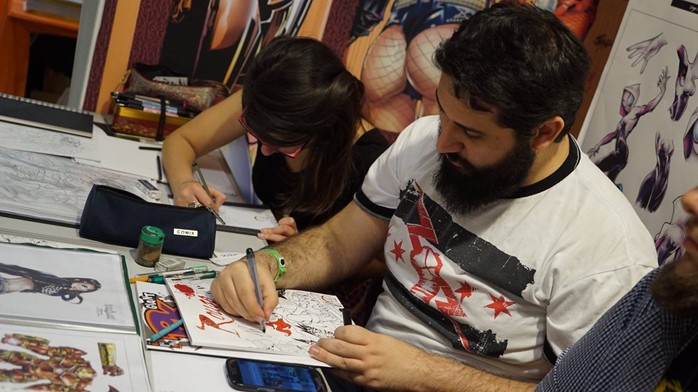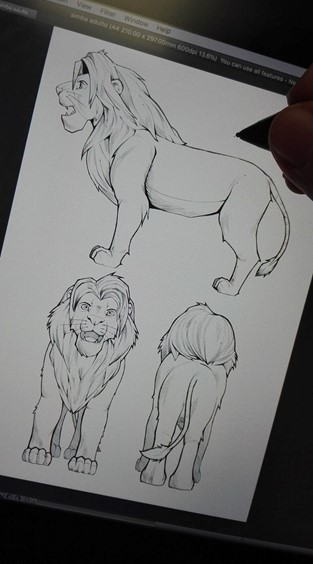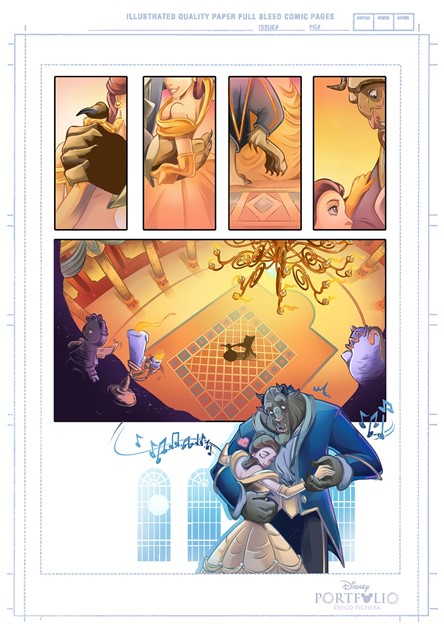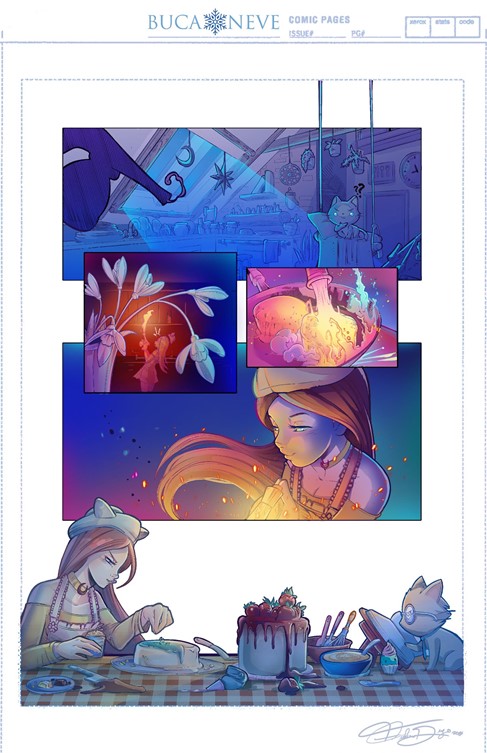Interview with Diego Fichera
Professional Cartoonist
My name is Diego, and although I have been drawing for as long as I can remember, for some time now this passion has become a job, allowing me to see my creations come to “life” on paper and be able to share them with many creative people.
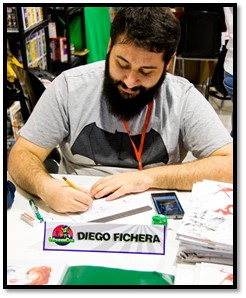
When did you get interested in comics?
I believe that I have always liked comics, but it is an interest whose flame has been “rekindled” over the course of many years (in other words, if on the one hand I have never stopped drawing, on the other there have been various periods in which I have not read comics).
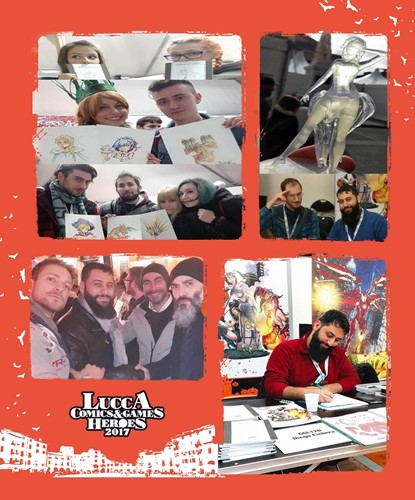
If it was Mickey Mouse who told me stories as a child, then Spider-Man came along, manga in high school and French comics after graduation. It’s as if as I grew up I jumped from one creative genre to another, and when the time has come to create something of my own, those readings became the “ingredients” of my work.
Where do you get your inspiration from?
Images, images of any kind! It is as if within an image the illustrator could “perceive” the drawing to be created from it, like a sculptor does with a block of marble.
Poses, backgrounds, photos of animals, sometimes even just the colours of an image can convey something totally different from its content and inspire me to create a new drawing.
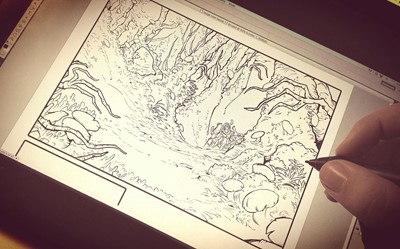
How do you feel when you draw comics?
I feel like a fish in water, I know it sounds like a strange comparison but I think the drawing board is literally my habitat. I find it very hard to be without drawing for a long time, it’s something that is so enjoyable and also, I can definitely say that I need it.
What advice would you give to those who want to devote themselves to comics?
Two fundamental pieces of advice: 1) create a portfolio 2) visit comics festivals.
They may seem like trivial advice, but I believe that many creative people risk not blossoming because they are far from these environments.
If you like to write, draw or create, visiting festivals can be very useful both to “meet” professionals in the field and then “unlock” in you the awareness that, yes, your passion can become a job, and to learn more about your passion.
Your passion can become a job. It will also allow you to get to know the various publishing realities at first hand and understand what you are most suited for. Having your portfolio always in the bag with you is fundamental: you never know where and when you will meet the person who, seeing your drawings, will make you the right offer.
Do you think that comis and art, in general, can be a good instrument to foster integration among cultures?
Years ago, I worked on a comic book for Magic Press called ‘Exodus’, written by the very brave Don Alemanno. He is a very popular cartoonist and therefore a lot of people are interested in the messages he wants to communicate, so he chose to parody the Odyssey that migrants go through during the landings, the difficulty of fitting in and integrating and everything that follows.
It was an experience that made me think a lot because, if on the one hand I drew the chapter written by him and became “aware” of the difficulties related to this aspect of integration, on the other hand, many people bought that comic book and I am sure that the same chords were touched in them too.
The comic can therefore become a tool to raise awareness and open minds about integration not only in the public, but even in those who are called upon to collaborate with it, I consider it a very strong power and I hope many artists use this possibility to convey positive messages to larger audience.
